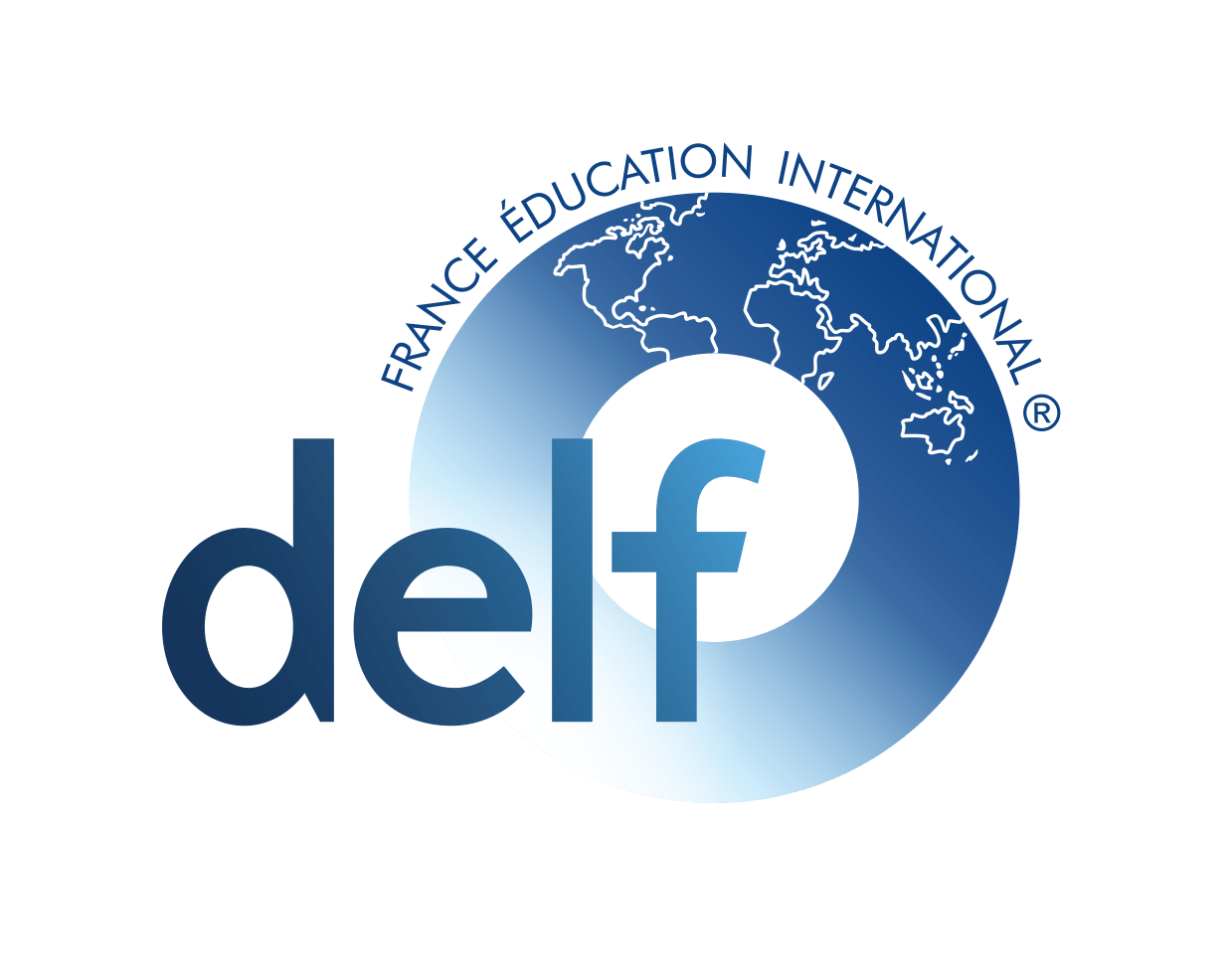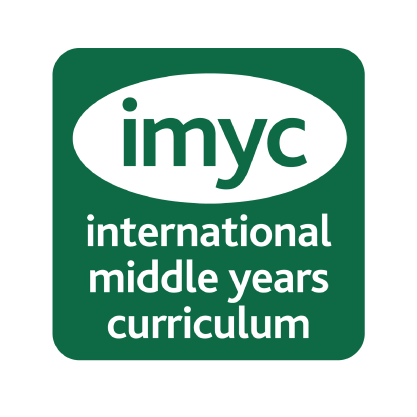Ludic Philosophy: “The desire to know, something innate in children”
The desire to know accompanies us from the moment we are born, in the first years of life we develop the language that allows us to express ourselves and begin to ask questions of the people around us. What is this? What is it for? What’s it called? …. From a very young age, we are intrigued with ourselves, with the world and with others. We want to know and play to think! In addition, we are amazed at everything that we do not understand or surprises us. This curiosity and this astonishment configure a predisposition to philosophize.
It was in the 1980s that the Philosophy for Children (FpN) movement began to be discussed, proposed in the United States by Matthew Lipman and his collaborator Ann Margart Sharp. And since that initial movement, methodological adaptations have been made to bring philosophy closer to the little ones and answer their questions. One of the most powerful programs that currently exists is Proyecto Noria. Created by Angélica Sátiro, doctor in Pedagogy and recognized researcher with the title of Advanced Studies in the doctorate in Philosophy from the University of Barcelona, and Irene de Puig I (GrupIREF), teacher and graduate in Philosophy and Catalan Philology.
They propose philosophical stories as a vehicle to learn, think, debate. To learn, to know and help form the being. His proposals cover two aspects: philosophical stories for children and guides for adults who accompany children from 3 years.
For several years I have been working theoretically and practically with early childhood education students with this material and I have realized that playing at thinking at a young age allows children to use language and knowledge in a deeper way. They acquire a wide vocabulary, they begin to give voice to their ideas and there are communicative forms that help them to express themselves in all languages (corporeal, plastic, musical, etc.), in addition to being introduced to dialogical practices.
What I seek in my classes is to develop in the little ones the thinking skills that will allow them to think better critically, creatively and ethically. Using the readings of the stories invites us to question a topic of social or environmental interest. Understand children as citizens and talk to them about real problems such as war, the pandemic, life, magic, work, evolution, beauty, pollution, natural resources, etc. These are some of the topics that children ask questions about and question things about. Helping them to search for answers is a beautiful and delicate task in which it is important to omit judgment and not to judge, letting them get all the ideas that come to mind, even if they are absurd, illogical, ridiculous, etc. He deserves all my respect and care.
It is important to understand and master each of these thinking skills and to know how we activate and enhance them through our work. Knowing how children think and how we can intervene so that they learn to think better is the most important thing in all of this.
Skills are structures that all humans have that make us more skilled, more capable of doing something. When stimulated, thinking skills help us think better. Thinking we all think, but we can learn to think better, and from my perspective that requires a stimulus and the sooner you start, the better.
I understand the word best in 3 ways: critically, creatively, and thoughtfully. In other words, we can learn to think better critically when we are able to give good reasons, establish good criteria, correctly relate causes and consequences, parts and wholes, among other things. We learn to think better creatively when we develop our ability to imagine, visualize, to reason analogically, to look for alternatives, etc. And, we are able to think better ethically, that is carefully, when we think about the consequences, we make better inferences, we better interpret our own actions and those of others. These underlined words are some of the thinking skills that I think are important to develop in my students. And, if we start developing all of this from childhood, we can grow up with a better mental capacity than we would have if we didn’t do this job of stimulating and empowering thinking skills.
Children build their own ideas with others and reason within their logic by mixing reality and fantasy. I love listening to them and seeing how they explain their ideas in a playful way. The little ones do not think badly, quite the opposite. They explore, investigate and develop creativity! And this wonder of cognitive effort should be put to better use. It makes me sad that some people educate thinking that children think wrongly and that their way of thinking needs to be fixed. This is why much of the creative capacity of humans is lost during the educational process of childhood. When they reach adolescence, many of the young people no longer ask, they no longer speculate, they no longer imagine, they no longer believe that they can make their way of seeing the world and explaining it more flexible. It’s a shame!
For this reason, with this article, I want to invite educators and families to listen to children, to give them the opportunity to ask questions, to express their ideas, to allow them to reason and apply their logic.
We are in a global social moment where it seems important not to think for yourself and let “the masses” drag you down without further ado. Where is our thinking? And the freedom to use it? Do we know more now than before? We are in the digital age and we have more information than ever, but… Is it true information? Or, are we in a moment of total misinformation? How can we help our students become better thinkers right now? To search for information, select, compare, contrast…? To do your own analysis and come to your own result or conclusion? Today, many have personal, economic, political interests and interests of all kinds that seek to stop people from thinking for themselves.
It is important to talk, dialogue, listen to other points of view different from yours and build collective thinking. Teaching children from an early age this dialogical methodology will make them better thinkers tomorrow and hopefully they will be the driving force behind a better, fairer, more tolerant, more respectful and with more solid values.
I am proud to be a teacher of ludic philosophy and help my students to be better thinkers critically, creatively and ethically!!!
Julia García
Early Years Ludic Philosophy Teacher
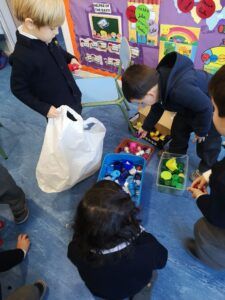
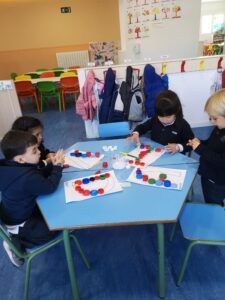
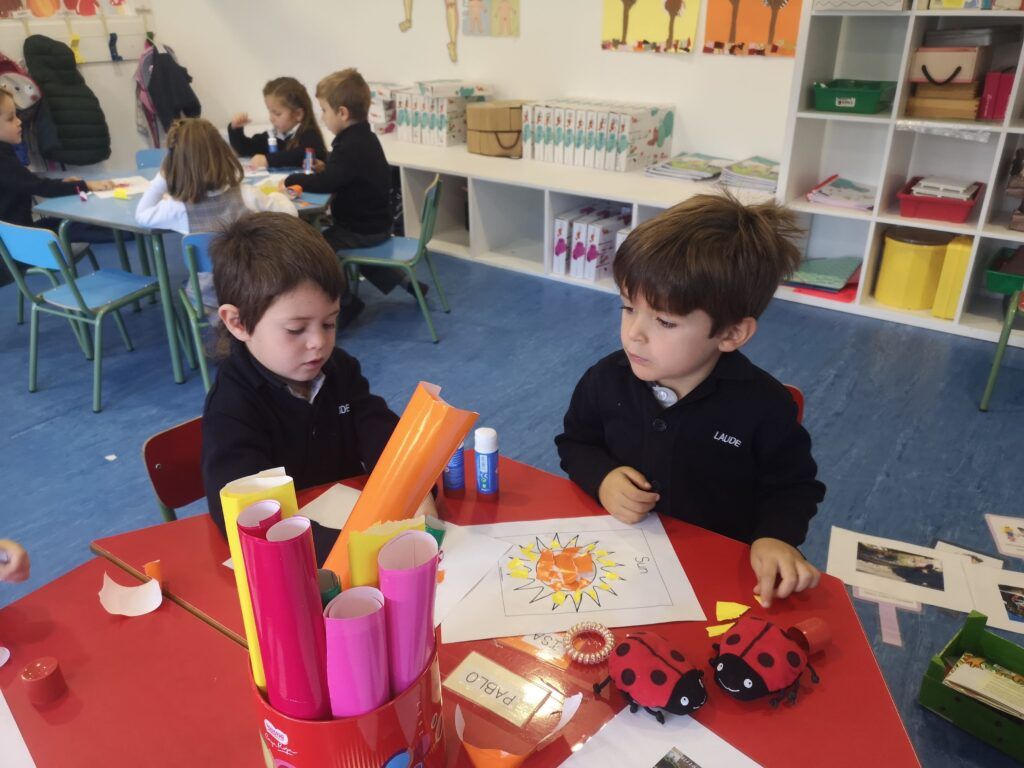
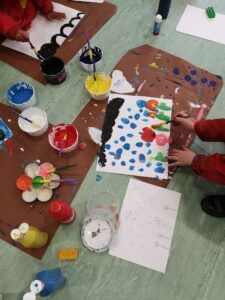
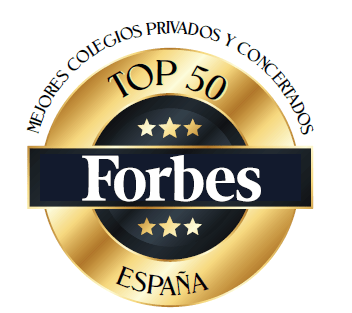
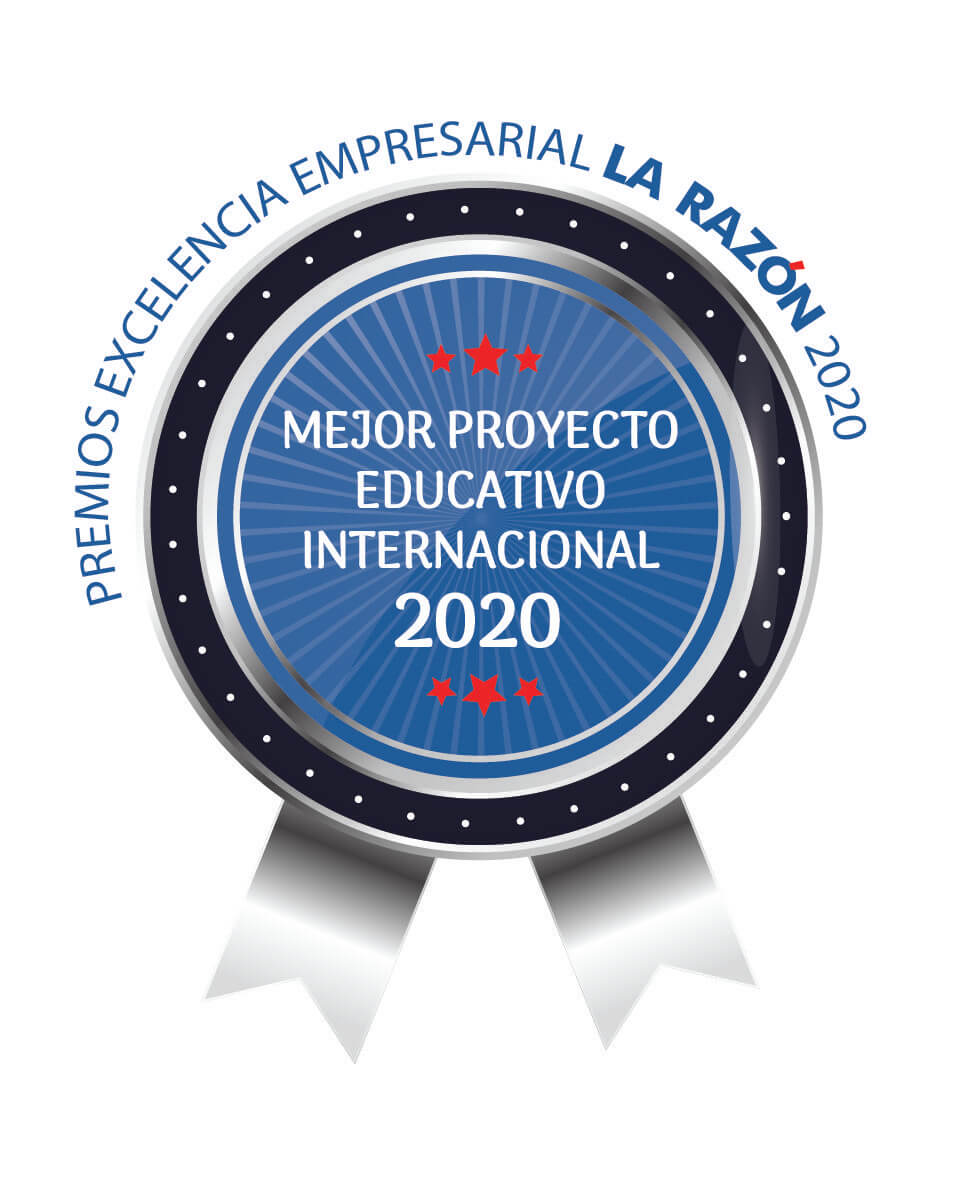
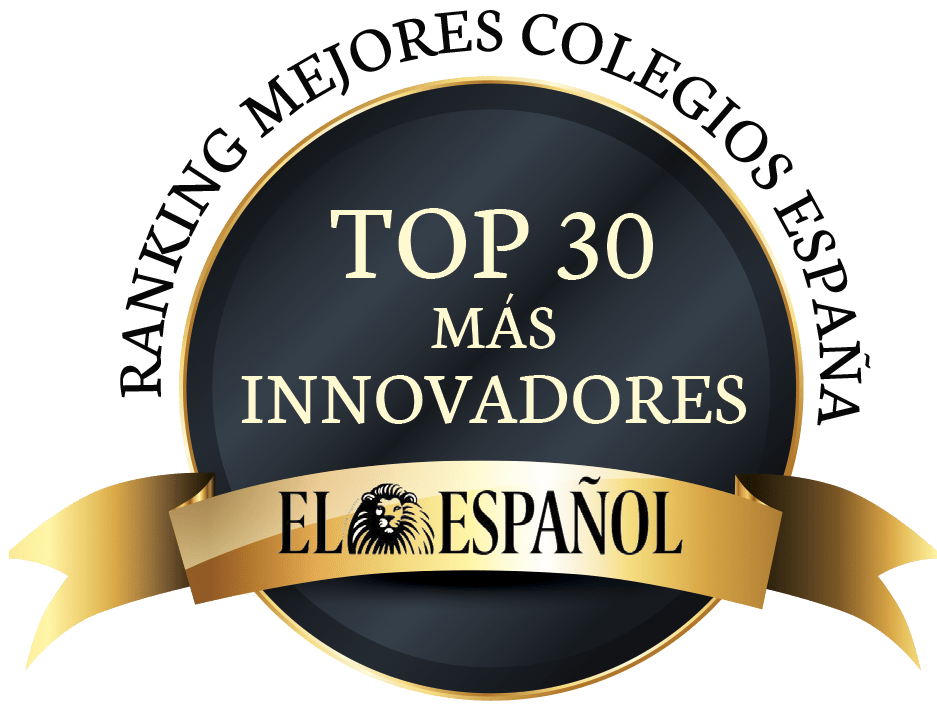
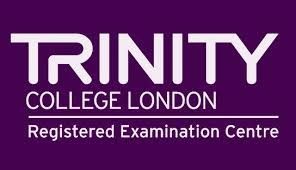

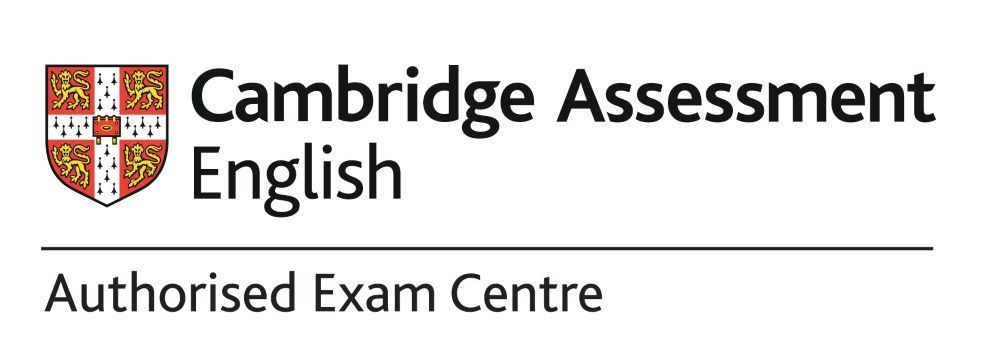
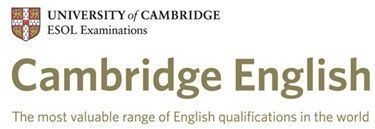


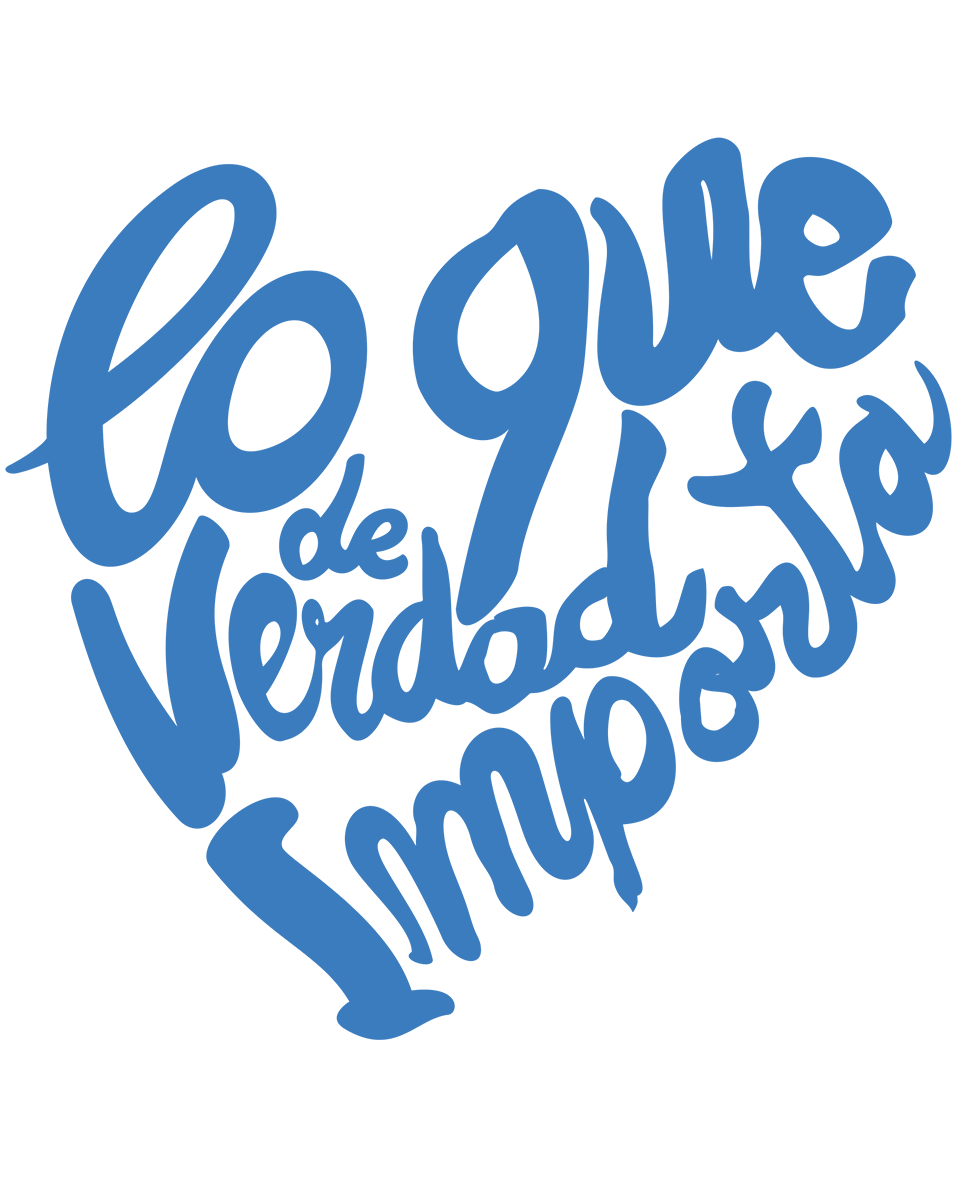
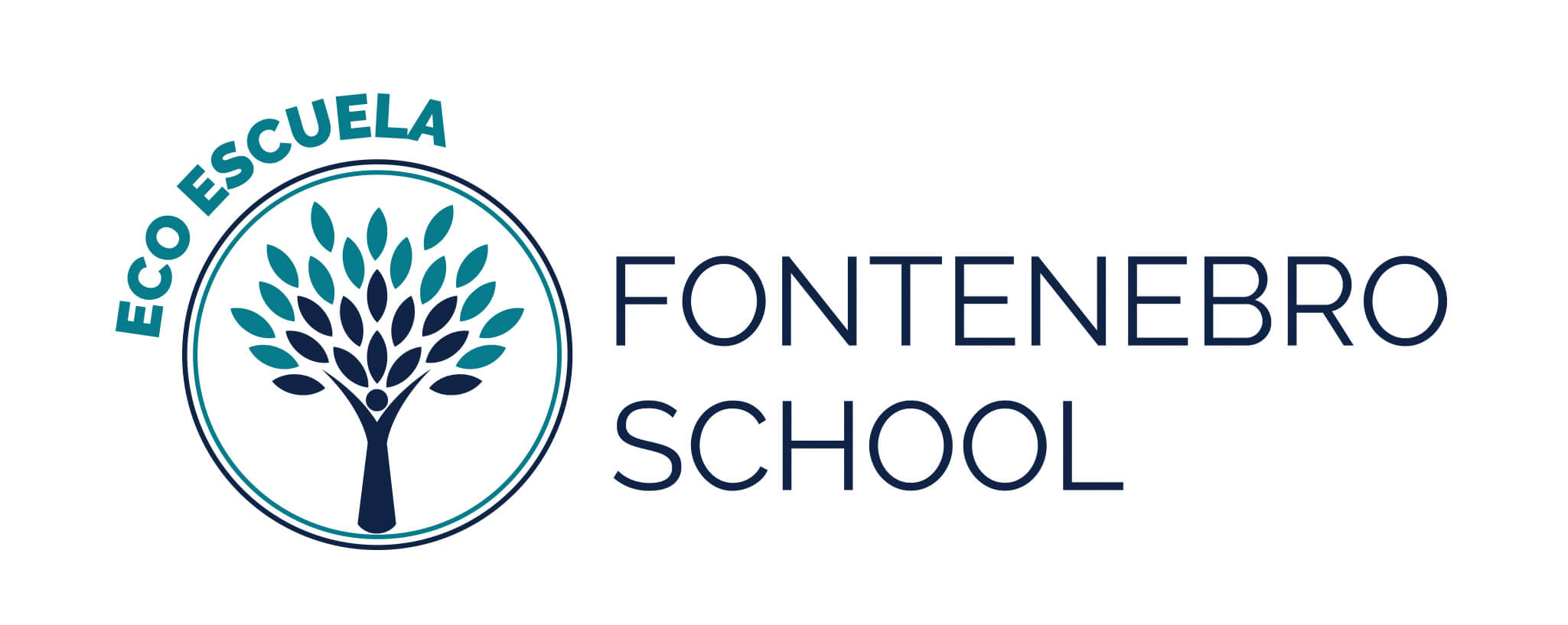
![BAPParentLogo[5]](https://fontenebroschool.com/wp-content/uploads/2020/09/BAPParentLogo5.png)
